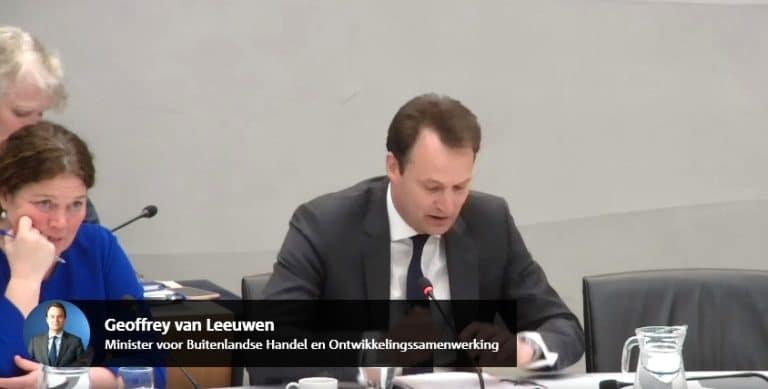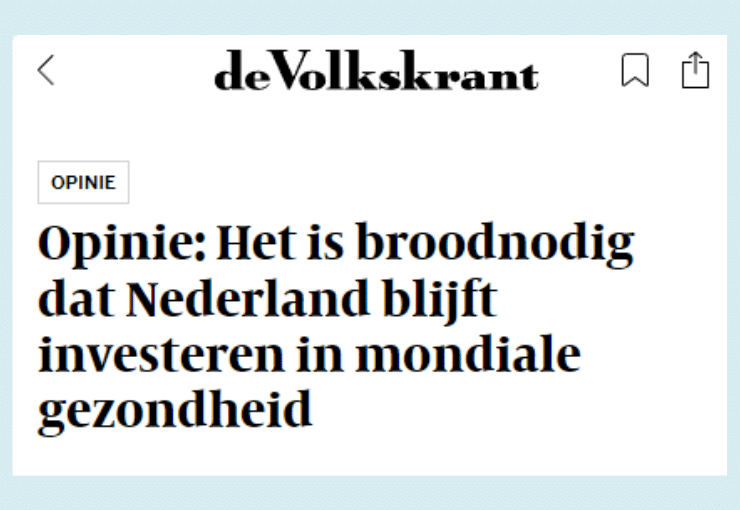Wemos is pleased with the 10-year anniversary of the EPSU-HOSPEEM Code of Conduct on Ethical Cross-Border Recruitment and Retention. Another reason to celebrate health, one day after World Health Day.
Wemos and the European Public Service Union (EPSU) are collaborating to draw the principles of ethical recruitment of migrant health workers within and to Europe to the attention of stakeholders involved in sustainable health workforce policy. Two years after the adoption of the European Code of Conduct of EPSU-HOSPEEM in 2008, all WHO Member States signed the WHO Global Code of Practice on the International Recruitment of Health Personnel.
Still committed
EPSU and the European Hospital and Healthcare Employers’ Association (HOSPEEM) have joined forces for a social dialogue for employees and employers on the European level. On April 8th – one day after World Health Day – they looked back to the signing of the Code ten years ago, and today they are still committed to improving recruitment and working conditions for migrant health workers in the EU.
More jobs in health care
In order to achieve good-quality health care for patients and have high-performing employees who are satisfied with their jobs in health care, working conditions must be decent. After years of austerity measures – not only in the Netherlands, but also in other European countries – the labour market is reviving again. As the health care budget is increasing, so is the number of health care vacancies.
Health workforce: an investment
Partners such as ActiZ, CNV Zorg & Welzijn, FNV Zorg & Welzijn, MBO Raad, NVZ and the Dutch Ministry of Health, Welfare and Sport have joined forces to propose a labour market agenda 2023. Adopting the viewpoint of health workforce as an investment, rather than a societal cost, is imperative. This will benefit patients, health workers and society as a whole.
Linda Mans (global health advocate): ‘Health worker migration and mobility have always taken place. But the consequence of this phenomenon, i.e. the uneven distribution from south to north and from east to west, and the impact on (fragile) health systems, call for decent policy. This is why the EPSU-HOSPEEM Code of Conduct and the WHO Code are pivotal to guarantee the right to health – within and outside Europe. The third round on WHO Code Reporting – during which member states will report on progress on the WHO Code’s implementation – will take place soon. At the same time, independent stakeholders will also have the opportunity to share their findings.’
Read more about our project on Health worker mobility




